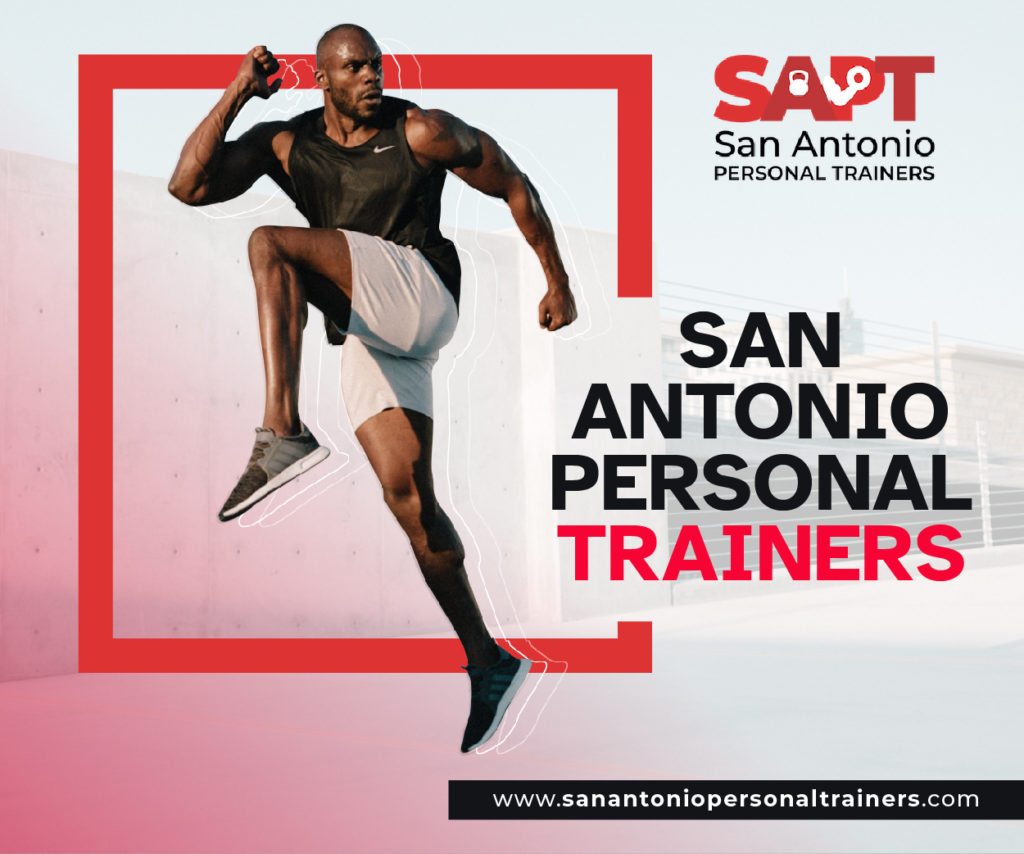What type of athlete do you want to be?
By Shelley R. Probber
What kind of an athlete are you? Do you consider yourself to be an athlete or just a casual “exerciser?” If you work out five days a week, does this make you an athlete? How about three days per week? There are many definitions of an athlete. The Greek word for “contest” was athlos, and those competing in the games were called athletes. Do you need to possess above-average physical strength or agility? Do you need to compete to be considered an athlete?
Your definition of yourself within the context of your fitness goals is an important aspect of whether you will succeed. If you are working toward a goal of maintaining fitness and keeping yourself in good enough shape, then it is unlikely that you will identify yourself as an athlete. But what if your goal is to run a few 5 K races or complete your first triathlon? Then you are in a different world — a world in which you will work toward slow, steady improvement in skills, whether it be speed or endurance. And, a funny thing often happens when you start competing: You want to do more. It is fun seeing the finish line, watching the time clock as you hit the finisher’s mat and feeling pride that you completed a race, regardless of the distance.
As you compete in more and more races, your goals may change from the goal of completing the race and feeling good to wanting to go faster. Becoming a faster runner, cyclist or swimmer requires work – hard work. How do you keep yourself going?
As I moved from one level of athlete to another, I was forced to confront this very question. Working on speed work for running, or on a particularly grueling drill in swimming, hurt in a way that previous workouts did not. I am not speaking of the kind of pain that results in injury; I am speaking, instead, of the kind of discomfort that results from pushing oneself past previously held expectations of what the body can do.
Why do this? Confronting this question ultimately resulted in another question. Just what is my goal? Why push myself if I want to just complete a race? I now had several races behind me, and I knew that I would be able to finish the races and triathlon distances I had thus far attempted. If my goal is just to finish, then I do not really need to push that hard. I really needed to just continue to maintain my training, staying steady with the same pace and momentum that I had brought to all the previous races. Giving myself the choice to do just that, ironically, pushed me past that very goal. I really want to run faster. I want to develop better technique in swimming. I want to become a better cyclist. How did I think I would do this without some hard work?
Mental toughness is an important attribute of athletes who are able to push through adversity and persist in the face of obstacles and setbacks. Athletes with mental toughness respond under pressure, able to perform consistently with their skill level despite the pressures of a race or competition situation. Mentally tough athletes look at difficult situations as challenges and opportunities rather than becoming intimidated by them, according to R. Smith in the article “Understanding Sport Behavior” in the Journal of Applied Sport Psychology. These athletes feel a sense of control over their feelings and thoughts, and they expect positive outcomes, and, perhaps most importantly, these athletes have a relatively low fear of failure.
Approaching the task of trying to run faster, I realized that I generally approached my speed training with the expectation that I would probably not attain my goal. This fear of failure often becomes a self-fulfilling prophecy. In fact, the fear itself often promotes harmful physiological responses that the body generates to protect itself. When frightened, your body becomes tight, your blood constricts, and the tension in your body can actually create injury. Attempting a 400-meter run with a speed goal in mind, I found myself turning the corner on the track and getting frightened. My breathing was hard, my stomach was in knots, and my legs were burning. Halfway around the turn, I would stop, just short of the full 400 meters.
But of what was I actually frightened? I realized that, in actuality, I was afraid of failing to meet my goal. I lacked confidence in my own ability to keep pushing despite whatever discomfort I experienced. The emotions that were aroused in me prior to these speed workouts were an important clue to what was happening with me. I discovered I was feeling scared of the physical discomfort these workouts generated, but I also was frustrated with myself for giving up midway. Almost as soon as I would stop, I would become angry with myself for not pushing, and I would tell myself that perhaps I really was not an athlete after all.
However, asking myself some important questions helped. I realized that although I am an athlete, I still needed to decide what level of athlete I wanted to be. If I gave myself permission to be patient and learn slowly, then I could push through and eventually meet my goal. Paradoxically, some runners advocate a philosophy of “go slower, arrive sooner” (Lynch and Scott, 1999). This philosophy allows the athlete to be patient with him/herself, and allow the process of mastery to unfold. Further, it gave me permission to enjoy the journey and not just look toward the end goal. If the journey is fun, then not meeting the end goal is not such a tragedy after all.






